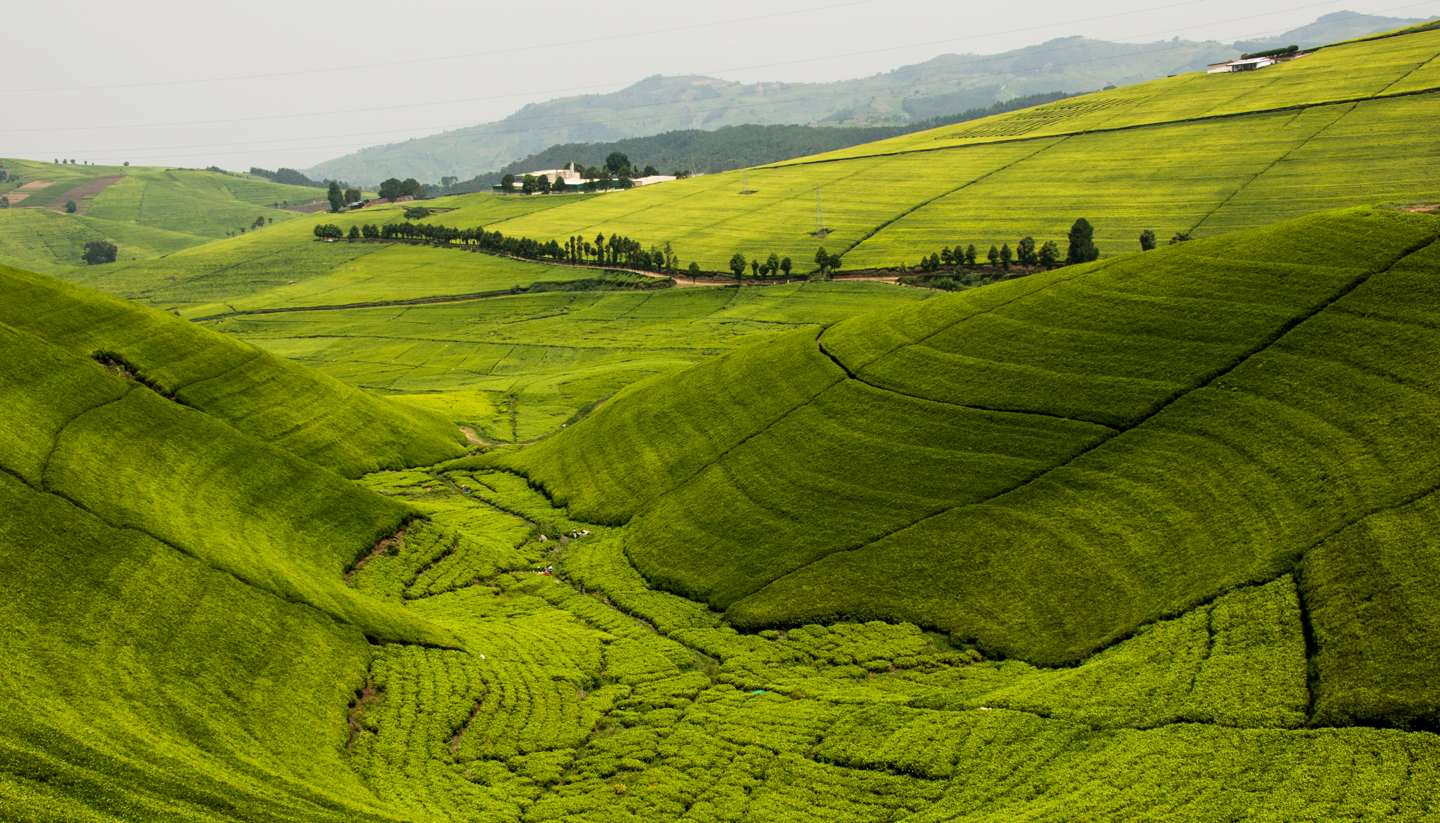Rwanda Weather, climate and geography
Weather and climate
Best time to visit
Despite its proximity to the equator (just 223km or 139 miles south of the equator), Rwanda's high altitude grants the country an agreeable climate year-round, with peak temperatures rarely climbing above 30°C (86°F) in the daytime or dropping below 15°C (59°F) at night.
The long dry season is from June to mid-September, with July being the driest month. In addition, there are two annual rainy seasons, the first from mid-February to May and second from mid-September to December.
Generally, the best time to visit Rwanda is during the long dry season from June to mid-September or the shorter second dry season from December to February. Visiting at the start or the end of the rainy seasons are ideal for travellers on a budget, with off-peak hotel rates and fewer crowds, as well as a chance of good, sunny weather.
The best time to visit Kigali
Kigali is a year-round destination with average highs ranging between 26°C (79°F) and 28°C (82°F). Hotels are usually busier during the peak season of June to September; although they offer good bargains during the rainy months, particularly from October to November, and from March to April.
The best time to visit Volcanoes National Park
The best time to visit Volcanoes National Park is during the dry season from June to mid-September, when paths are less muddy and easier to navigate. However, trekking permits are limited (to 96 per day) and are in high demand during this period, so book in advance. Gorilla treks do, however, run all year round, and the jungle is most luscious during the rainy season, which makes it a good time to visit for those who aren't fazed by getting wet.
The best time to visit Akagera National Park
The dry season (June-September) is the best time for spotting wildlife, as animals in the park gather at watering holes.
Required clothing
Lightweights are required for most of the year with warmer clothes for cooler upland evenings. However, a waterproof jacket is advised, especially if visiting Volcanoes and Nyungwe National Parks. Long-sleeve clothing will help protect against mosquito bites (and therefore malaria) as well as sunburn.
Geography
Rwanda is a small mountainous country in central Africa, bordered to the north by Uganda, to the east by Tanzania, to the south by Burundi and to the west by the Democratic Republic of the Congo. The country is divided by a mountain chain that runs across the country from north to south, but its highest peak is Mt Karisimbi (4,507m/14,787ft) in the Virunga Mountains, on the country's north-western border. South of Mt Karisimbi is Lake Kivu, which forms part of the western border with the Democratic Republic of the Congo, and is Rwanda's largest body of water. Central Rwanda features rolling hills giving way to savanna, plains, and swamps eastwards. Its capital, Kigali, is located in it the country's centre.


